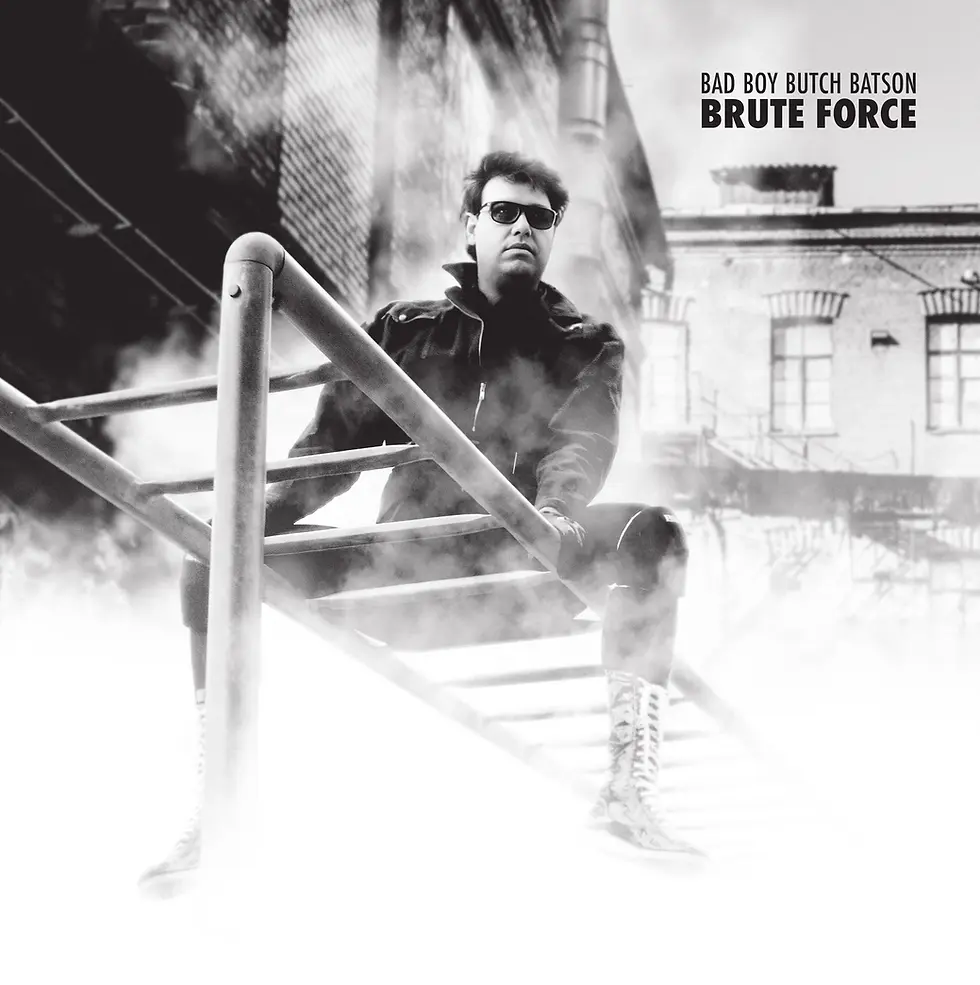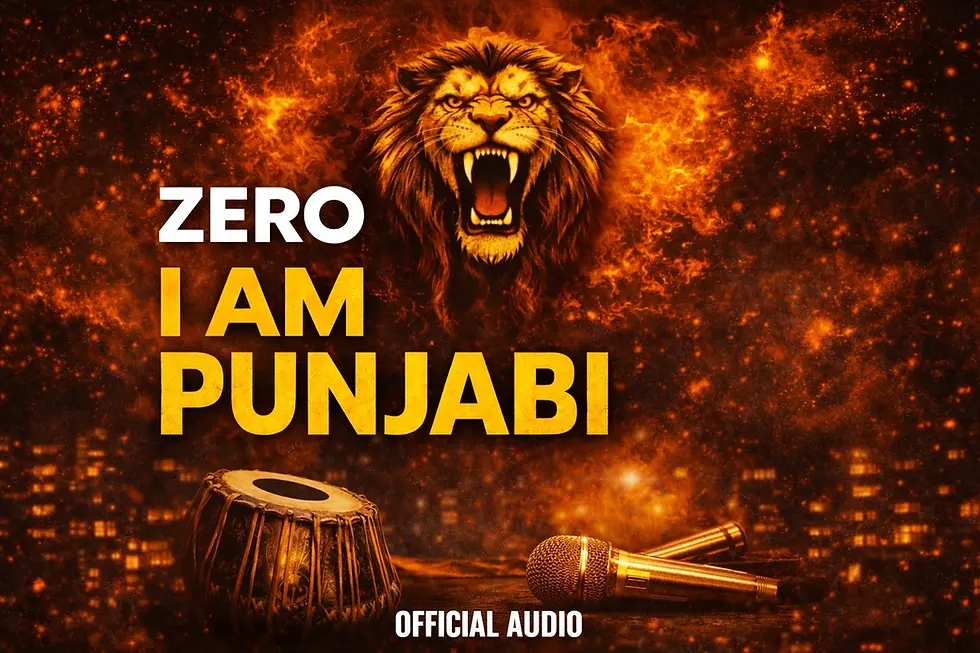"Death Said, Breathe" by Sharon Katta is a Fifteen-Minute Conversation with Rock Bottom
- Sharanya Nadar
- Nov 7, 2025
- 3 min read
India-born, London-based Sharon Katta has spent years building a reputation for doing everything himself: writing, producing, and painstaking over every detail until it sounds exactly right. When Katta makes music, he's in it for the long haul, creating stories that demand your full attention.

His latest album, "Death Said, Breathe", is a fifteen-minute journey broken into a Prelude and three acts. The album tells the story of a real moment when everything felt impossible, when the only question left was whether to keep going. Katta just puts it out there: "I feel like I'm drowning, and I've always been drowning." It's uncomfortable in the best way, the kind of honesty that makes you sit up and pay attention. The album's origin story is about as real as it gets: six years ago, Katta received a phone call from his sister that changed everything. He describes it as the moment that set him back on the path to living, the kind of turning point you don't ask for but can't ignore once it arrives. That phone call became the seed for this fifteen-minute journey, though it took six years of processing, creating, and refining before it became what we're hearing now.
From there on, the album unfolds like a one-person play, moving through questions about hope, surrender, and what it actually means to let go without giving up entirely. Katta uses over a hundred world instruments and field recordings to build the world around these words and creates something incredibly intimate. Storm sounds collide with layers of distortion, then dissolve into luminous field recordings and orchestral moments that feel like sunlight breaking through clouds.
Katta's willingness not to rush toward resolution or to package trauma into a three-minute radio single. He just lets the drowning metaphor play out fully, questioning everything from the concept of hope to why humans bother holding onto anything at all. And then, in what might be the most interesting creative choice on the entire album, he lets death be the voice of reason. Not death as the ending, but death as the wake-up call. "Breathe," it says, and suddenly the whole narrative flips.
The production got serious validation when it was presented at Abbey Road Institute's Angel Studio as a Dolby Atmos case study. Early questions about "what is hope?" evolve into acceptance that maybe there's "nothing here to hold on to" but instead of that being tragic, it becomes freeing. By the time the album circles back to "breathe," the word has transformed from a desperate command into something closer to gentle insistence.
Now, "Death Said, Breathe" isn't going to be everyone's cup of tea. It's fifteen minutes of confronting the kind of thoughts most people try very hard not to think about. But if you've ever been in that place, or if you want to understand what it's like for someone who has, this album does something genuinely valuable. It just merely documents the moment when continuing becomes possible again, however barely. Sharon Katta has made something that matters here. Not in a self-important way, but in the way that true stories told truthfully always matter. But it also shows the way through, even if that way is just learning to breathe again.
Give this one your full attention!
Dive into the tune here:
Discover more similar tunes here:
.png)






Comments